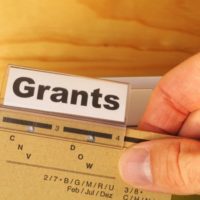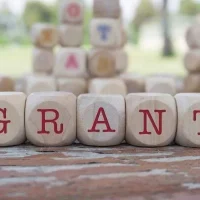Deadline: 22-Oct-2025
The Water Research Foundation is seeking proposals for a project focused on establishing a consistent framework for water resource planning service levels, differentiating them from operational key performance indicators.
The project objectives include reviewing and establishing a consistent definition of service levels for water resources planning purposes, reviewing and documenting current national and international practices for the establishment of utility service levels, developing a guidance framework for utilities establishing their water resource planning service levels that align with organizational performance goals and objectives, and developing guidance for engaging stakeholders during the service levels setting process and for internal and external communications.
The project may request up to $175,000 in WRF funds. The anticipated period of performance is 18 to 24 months from the contract start date. Water utility service levels are the foundation for comprehensive water resource planning and an essential component of how utilities fulfill their core missions. This project aims to fill the gap of a fully integrated framework for establishing water resource planning service levels, enabling utilities to define and implement service levels tied to long-term planning for supply, demand, storage, treatment, and distribution needs. It also seeks to consider social equity, climate change, resilience to extreme events, regulatory evolution, and financial realities.
The RFP is intentionally flexible to encourage creativity and originality in the research approach. Proposers should describe how they will conduct the research to meet the stated objectives and must demonstrate deep engagement with long-term water resource planning challenges. A transparent and rigorous methodology is required. The suggested approach includes a review of literature, industry reports, and guidance documents on service levels, utility interviews, interviews with academic and think tank researchers, and case studies and decision-support tools. A utility workshop is also a potential part of the research approach.
Deliverables are also flexible to encourage creativity. Proposers should describe how their proposed deliverables will ensure wide sector accessibility and practical applicability of the project results. Potential deliverables include a state of the field review, a guidance framework, a webcast, a peer-reviewed journal article, a fact sheet, a workshop, and a technology deliverable.
The proposals will be evaluated based on criteria including understanding of the problem, technical and scientific merit, qualifications, capabilities, and management, communication plan, deliverables, and applicability, and budget and schedule. Proposals will be accepted from both U.S.-based and non-U.S.-based entities. Researchers who are late on any ongoing WRF-sponsored studies without approved no-cost extensions are not eligible to be named participants in any proposals.
For more information, visit WRF.





![Call for Applications: “Voices in Motion” Program [Sri Lanka] - fundsforNGOs Call for Applications: “Voices in Motion” Program [Sri Lanka]](https://www2.fundsforngos.org/wp-content/uploads/2023/04/dance-200x200.jpg)



































